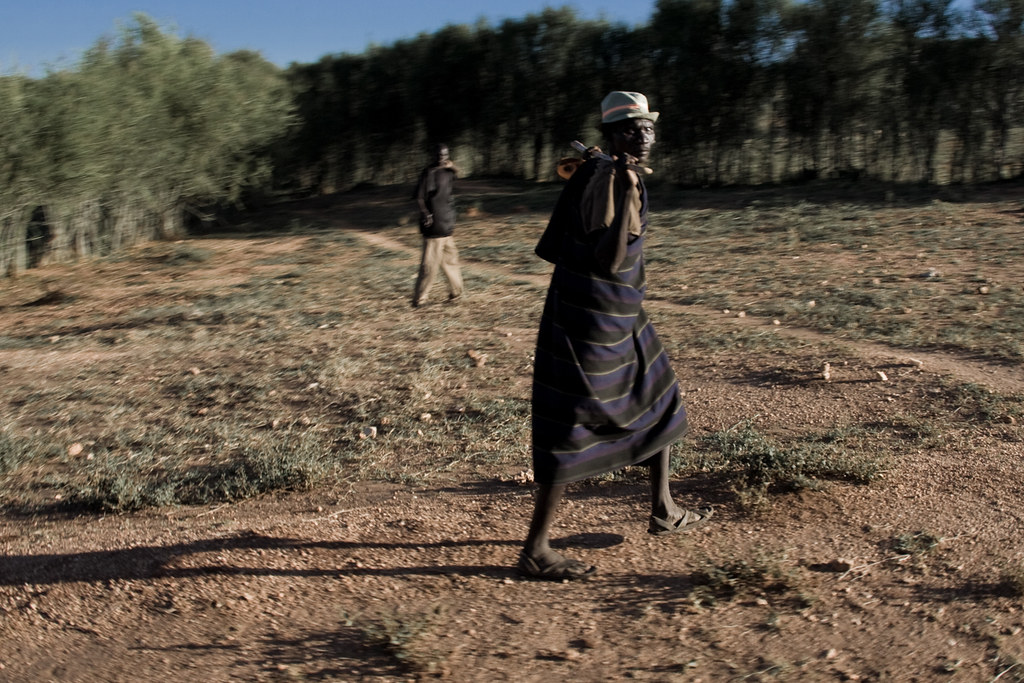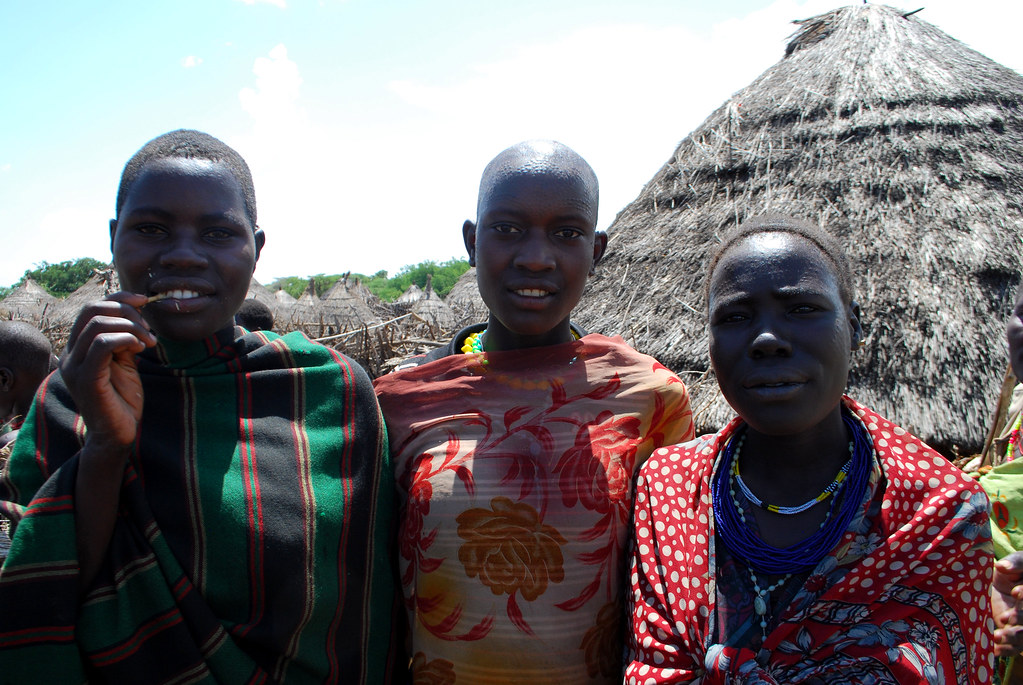
Cultural Tourism, Karamojong
Cultural Tourism, Karamojong
Cultural Tourism: Kidepo Valley National Park is an exceptional safari site in Uganda that is perpetually full of surprises. An authentic safari in Uganda transcends the mere observation of exquisite wildlife among stunning settings. We investigate the indigenous societies that have coexisted with wildlife species from ancient times, uncovering the strategies of their coexistence. They might have driven the wildlife species to extinction. Tourists visiting Uganda frequently discover that African ancestors advocated for the sustainable utilization of animal resources. Certain wildlife species and locations were considered sacred. Entry to specific locations required special authorization, damaging certain endangered species was prohibited, and offenders faced stringent penalties and rehabilitation. A traveler touring Uganda’s Kidepo Valley National Park offers numerous possibilities to see African homesteads and engage with indigenous communities. The visitors comprehend the reciprocal interaction between nature and humans in various ways.
Cultural bands offer entertainment by presenting traditional songs, music, and theater. The bands perform at hotels in the park, captivating guests with ethnic costumes, traditional musical instruments, and customary music, songs, and dance. For indigenous peoples, entertainment serves as a straightforward method for conveying essential information to the audience; the repetitive nature of recitation facilitates comprehension and ensures preservation between generations. The tourists gain entertainment and a deeper comprehension of African culture. The cultural bands are diverse, allowing visitors to effortlessly witness a harmonious amalgamation of remarkable life experiences across various groups.
 A tourist seeing the Karamojong manyatta get firsthand insights into a community that is sometimes misinterpreted and overlooked. The Karamojong are a nomadic pastoralist community with a profound affinity for livestock, especially cattle. Authentic traditional Karamojong elders assert that Akuj, their supreme deity, bestowed onto the Karimojong ancestors the inherent right to possess and safeguard all cattle globally. The Karamojong, rooted in a robust African heritage that prohibits disobedience to ancestors, established warrior bands to assert and safeguard their birthright. They have been sensitized, are exposed to global trends beyond their culture, are empowered to engage in alternative economic enterprises, and are discarding certain old customs that lack socio-economic advantage. A visitor touring the Karamojong homestead, or manyatta, engages with the apprehensive Karamojong, examines their traditional customs, including attire, homestead arrangement, jewelry, and utilitarian items, and uncovers a distinctive community in Africa.
A tourist seeing the Karamojong manyatta get firsthand insights into a community that is sometimes misinterpreted and overlooked. The Karamojong are a nomadic pastoralist community with a profound affinity for livestock, especially cattle. Authentic traditional Karamojong elders assert that Akuj, their supreme deity, bestowed onto the Karimojong ancestors the inherent right to possess and safeguard all cattle globally. The Karamojong, rooted in a robust African heritage that prohibits disobedience to ancestors, established warrior bands to assert and safeguard their birthright. They have been sensitized, are exposed to global trends beyond their culture, are empowered to engage in alternative economic enterprises, and are discarding certain old customs that lack socio-economic advantage. A visitor touring the Karamojong homestead, or manyatta, engages with the apprehensive Karamojong, examines their traditional customs, including attire, homestead arrangement, jewelry, and utilitarian items, and uncovers a distinctive community in Africa.
The Ik tribe, in contrast to the Karamojong, did not own any notable wealth. The Ik are a tribe of indigenous wilderness inhabitants who migrated to the Kidepo plains in search of animals, edible fruits, leaves, root tubers, and bee colonies for harvesting. The Ik tribe engages in the distinctive customs of early child marriage and practices polygamy for social status. The Ik tribe, including 10,000 to 14,000 individuals, left the Kidepo Valley National Park and established their settlement in the Morungole mountain ranges. They are a disenfranchised community situated at the intersection of traditional culture and contemporary lifestyle.
A visit to the Ik tribe is enriching, fulfilling, and an opportunity to exchange life experiences with a unique group that genuinely embodies an authentic African traditional culture. The visit to the indigenous village requires certain preparations to ensure the community is adequately prepared to greet you. Consider that communities have their regular responsibilities, and the visit, albeit a necessary disruption, interferes with their routines. It is essential to get a ranger escort proficient in the language, culture, and customs to facilitate interpretation and communication with the population. The visit is a private agreement, and the price is variable. In African tradition, presents signify friendship. A guest bearing presents on a community tour receives a warmer welcome from the host community, fostering immediate camaraderie, while the entertainment remains equally enjoyable.


